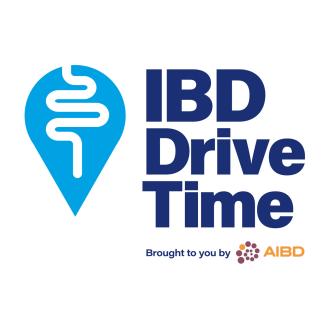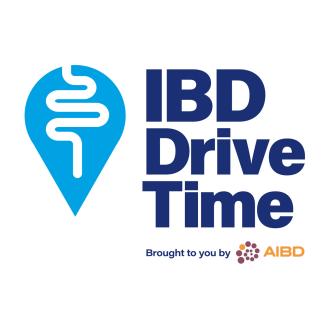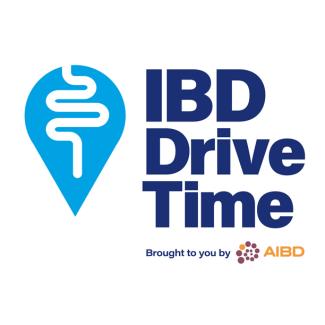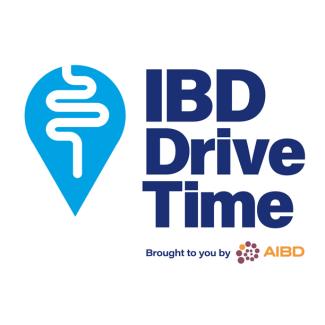Eugene Yen, MD, on Diagnostics and Monitoring in IBD
Dr Yen discusses his presentation on diagnostics and monitoring for IBD, including issues such as identifying IBD mimics, using biomarkers and imaging to monitor disease activity, and the application of therapeutic drug monitoring.
Eugene Yen, MD, is an associate professor of medicine and IBD specialist the Northwestern University Medicine in Chicago, Illinois,
Hi everybody. My name's Eugene Yen. I'm an IBD physician working at Northwestern University in Chicago. I'm here at the AIBD regionals in Chicago talking about diagnostics and monitoring in inflammatory bowel disease.
And today you're going to hear about a lot of talks on our therapies for IBD and our positioning of our therapies. I took it a different step looking at more of the diagnostics, and I think that when I see patients in my office, a lot of, about 50% of the reasons I get these questions, is do I actually have IBD? We know that there are a lot of IBD mimics—for example, we know that certain medications can cause an IBD-like picture. Historically, our immune checkpoint inhibitors, mycophenolate, nonsteroidals can cause a colitis and we talked about that. Sometimes your biopsies don't often help you in terms of distinguishing between certain forms of colitis and your IBD colitis.
And so I think the main message was to, in cases where the diagnosis was unclear, it's okay to hold on therapy until you can get a better clarity in terms of what of is causing this person's colitis. I also discussed briefly about incidental terminal ileitis, something that we commonly see during screening colonoscopies—for example, when you see a few aphthous ulcers in the terminal ileum and what to do about that. In a nutshell, these patients almost never progress to over Crohn's disease, and so I monitor these folks without therapy. Oftentimes I'll do an annual fecal calprotectin.
We also talked about our normal ways we monitor, including imaging studies. I discussed intestinal ultrasound, we talked about the CRP and the fecal calprotectin. And when we do that, largely I think if you're going to put someone on an advanced therapy, just make sure you're monitoring them afterwards. As you know that oftentimes the symptoms often don't correlate well with endoscopic findings. And our goal is for mucosal healing, and we often know that even in folks that are doing well, in those who have a Mayo endoscopic score of 0 versus 1, there are still differences in long-term outcomes in folks that have a Mayo endoscopic score of 0. So again, really the focus was on monitoring your patients afterwards with fecal calprotectin, with CRP in the setting of Crohn's disease, and then 6 to 12 months later with a colonoscopy.
And then finally we talked about therapeutic drug monitoring. Usually therapeutic drug monitoring is relevant for immunogenic therapies. So specifically most of our data for therapeutic drug monitoring is in the anti-TNFs. We talked about reactive drug monitoring, which is drug monitoring as a reaction to increased clinical symptoms, which is recommended by most societies in your patients who are on anti-TNF therapies to do drug monitoring and make adjustments based on that. We also talked about proactive drug monitoring, which is a little more controversial. A lot of the studies which suggested no significant benefit were mostly in patients who are maintenance and perhaps there's not much of a benefit for that. But I think that some of the more recent studies suggesting with more severe patients, use in induction shows some benefits in proactive therapeutic drug monitoring. And so I look forward to you attending and listening to all the talks. And thank you for your time.





















